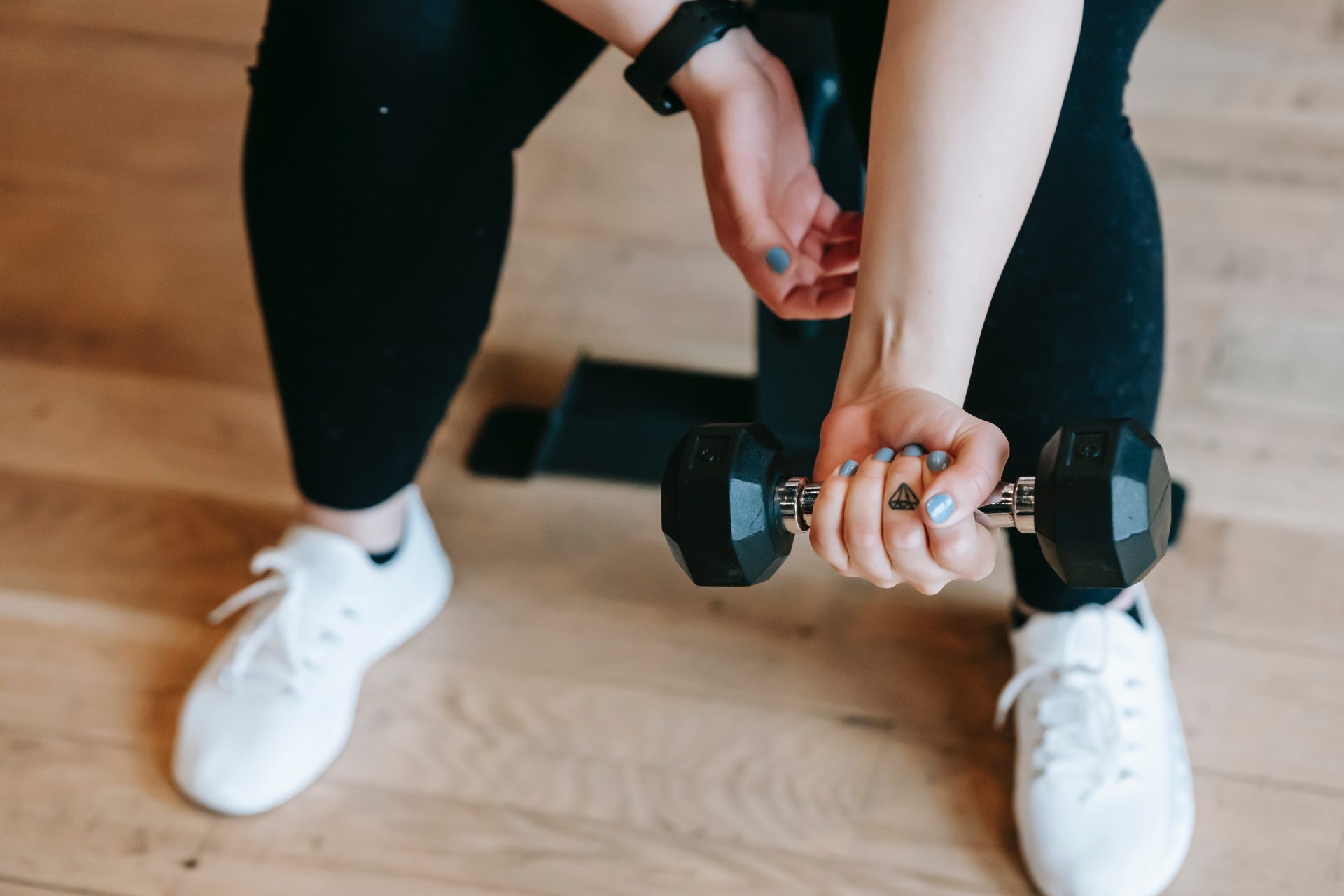Do you really need to curl your way through upper body day?
Most of us have a part of our workout that we love to hate – from sweaty finishers to burning ab exercises. For me, it’s training my arms.
I have no problem with upper-body workouts in general; in fact, the feeling of pulling my chin to a bar in a pull up is incredibly satisfying. As is lifting a barbell over my head. But curling a dumbbell from thigh to shoulder to build stronger biceps is just not my cup of tea.
The problem is that having a well-rounded, strong-all-over body is important. So what really happens if you neglect your arm workouts?
You may also like
Arm exercises with weights: build biceps and triceps with a dumbbell workout
While Instagram’s focal point for female training may almost exclusively concentrate on our lower bodies, a strong top half is still important. “If you’ve got a weaker upper body, generally speaking, the lower back region tends to overcompensate,” says personal trainer Ellie Crawley.
“Also posture-related issues that can be caused by weak or tight chest or back muscles can impact your running and even your everyday walking. That’s because of the movement patterns from joints in the upper body to your hips.”
Given that your arms dangle away from your body, is their impact on your hips and posture really that pronounced? “Everything in your body is related,” Crawley remind us. ”The arms help with the flexion of your elbows, the rotation of your forearms, the stability of your shoulders and your general range of movement.” That means no muscle’s strengths or weaknesses are in isolation – weak arms can also tarnish the function of your big, impactful muscles.

Then there’s also the fact that “your biceps and triceps are used in pushing and pulling, so arm strength is needed to do even the simplest of tasks, like opening doors,” says Crawley.
The question is: how strong is strong enough? Do we need to be doing umpteen bicep curls in order to get arms of steel? “Unless you want to enter a bicep contest, no,” says Crawley. “Isolation work tends to be more focused on hypertrophy – muscle growth – than compound moves that are more strength and function-focused. As long as the exercises you’re performing use the bicep and tricep muscles, you’ll probably have strong enough arms.”
If the problem is that your arms are so weak you can barely get through those compound lifts – if you’re noticing your triceps fatiguing fast in bench press – then including isometric work may help. Or, you can use different training techniques to emphasise how the arms are loaded in your movements.
“For example, underhand grips in back exercises tend to load up the biceps a little more than overgrip grips. Using a close grip during a bench press or press ups – so your hands are nearer each other rather than further apart – will also put more emphasis on the triceps.”
The best compound exercises for biceps and triceps
If you want to simply stick with your compounds, here are Crawley’s go-to moves for supporting arm strength – and there’s not a tricep extension in sight.
Chest press
The traditional press with dumbbells uses your triceps, but if you want to make it even more arm-focused then you can hold the dumbbells together, palms turned towards each other over your chest for a close grip press.
Tricep dips
Despite the name, these actually are compound exercises. You’ll be using your chest, shoulders, abdominals and, of course, your triceps to squeeze you up.
Chin-ups
The underhand grip doesn’t only make chin-ups a little easier than pull-ups, but it also means the biceps will be used more to pull you up. You can do these with a band or on a machine if needed.
Lat pull-downs
Play around with your grip depending on whether you want to hit the side of your back or your arms the most. Either way, your biceps will be working hard to pull the bar down.
Images: Getty
Source: Read Full Article
